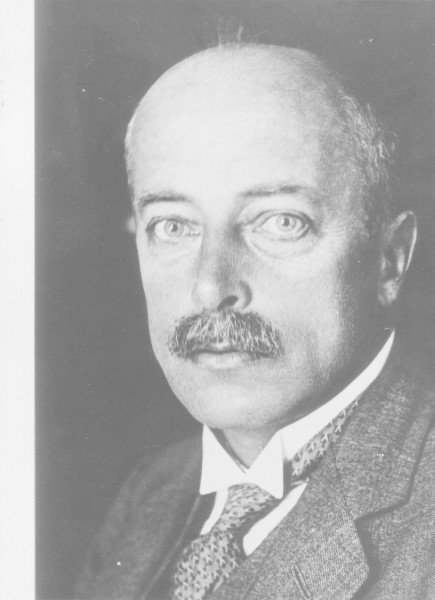The physicist Max von Laue publishes the first monograph about relativity theory in 1911. His work on a relativistic theory of extended solid and fluid bodies contributes substantially to the development of the insights contained in Einstein’s famous formula about the equivalence of mass and energy. He remains skeptical of Einstein’s general theory of relativity like many of his colleagues. In 1914 he receives the Nobel Prize for his discovery of the interference of x-rays in crystals.
Under the Nazi regime he uses his scientific authority to stand up for beset colleagues. Einstein keeps in touch with Laue even after the National Socialist takeover, respecting him as one of the few colleagues who shows moral courage and has remained upstanding
.
 Scene
Scene


 1st Slide
1st Slide
 Branching Point
Branching Point
 Module: Exil: Austritt aus der Akademie
Module: Exil: Austritt aus der Akademie Sequence: 0.0. START Austritt und Emigration
Sequence: 0.0. START Austritt und Emigration Branching Point: Resignation from the Academy and Emigration
Branching Point: Resignation from the Academy and Emigration Slide: Resignation from the Academy
Slide: Resignation from the Academy 

